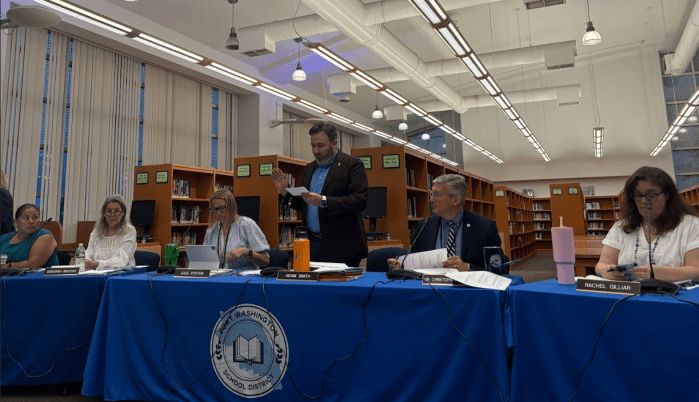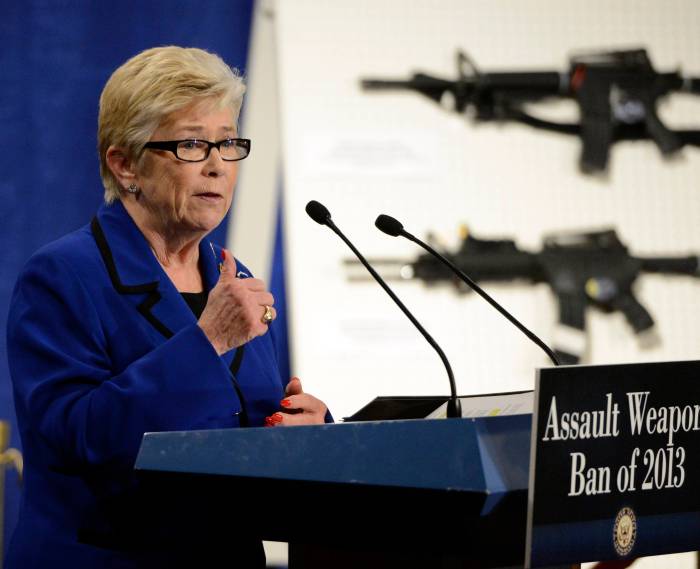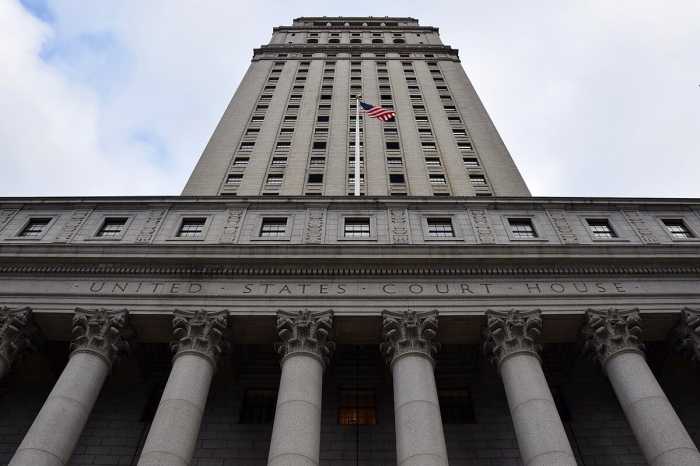Despite persistent struggles with declining graduation rates, violence, alleged corruption, and overall school board turmoil, the verdict is still out on whether the New York State Education Department (NYSED) will step in and appoint an outside “receiver” or manager to take operational control of the district.
A letter from the NYSED’s Office of Accountability late last month revealed more disturbing details about the district’s problems with accurately reporting data, citing numerous instances of errors and discrepancies. Officially, the department said the situation in the Hempstead District was still under review.
However, sources within the department say the decision about a takeover may be made this fall, after the district submits data from the 2017-2018 school year. Previous data examined was from the 2016- 2017 school year.
A spokesperson for the department also noted that special legislation would have to be passed before any takeover could occur, which means it would have to wait until the next legislative session starts in 2019. The only time New York has taken control of a school district was in the 2002 takeover of the Roosevelt School District.
Among the numerous problems noted by the SED included inaccuracies in reporting, where student performance was vastly overstated, such as a district report that said that 90 percent of students who entered grade 9 in the 2014-15 school year earned five or more credits during the 2016-17 school year (one credit equals a yearlong course).
But a department transcript review found that only 57 percent of those students earned five or more credits.
Other reporting issues included inflated graduation rates that could not be verified by state officials as well as troubling student attendance data.
Further, the letter also warned the district to “please note that if the district again reports inaccurate data to the Department, the Commissioner [MaryEllen Elia] may be unable to determine that the school has made Demonstrable Improvement, which would result in the appointment of an Independent Receiver to the school.”
As a school that has not met state and federal standards for at least 10 years, Hempstead High School has the dubious distinction of being the only school on Long Island classified as “persistently struggling,” by a three-year-old law targeting troubled schools.
At the direction of Education Commissioner Elia, the district has been working with a state appointed adviser, Dr. Jack Bierwirth, and has also been instructed to submit monthly progress reports on various areas of concern including school safety and security, high school instruction, and budgetary and fiscal operations.
The question of state control at the Hempstead District has been a fluid one, at least since this past February when the NYSED said it would not take control of the district, mainly due to a timely improvement plan that was submitted and deemed acceptable by the NYSED.
Moreover, state control is not generally seen as a panacea for the Hempstead District’s many ills.
Alan Singer, a professor of education at Hofstra University, told The New York Times that the takeover of the Roosevelt School District was an “expensive disaster” that achieved only moderate progress.
The United Federation of Teachers said any plan to use “receivership” to fix low-performing schools has had two decades’ worth of “unimpressive results.”
Examples of those unimpressive results include in 2002 when Pennsylvania turned 45 low-performing Philadelphia schools over to private managers. Teacher departures at those schools were as high as 80 percent, according to the Pennsylvania-based Perspectives on Education Journal.
Education experts argue that alternate strategies, such as intervention programs, trained support staff, enrichment, and access to opportunities might prove to be more productive approaches to failing schools than state takeovers.
































